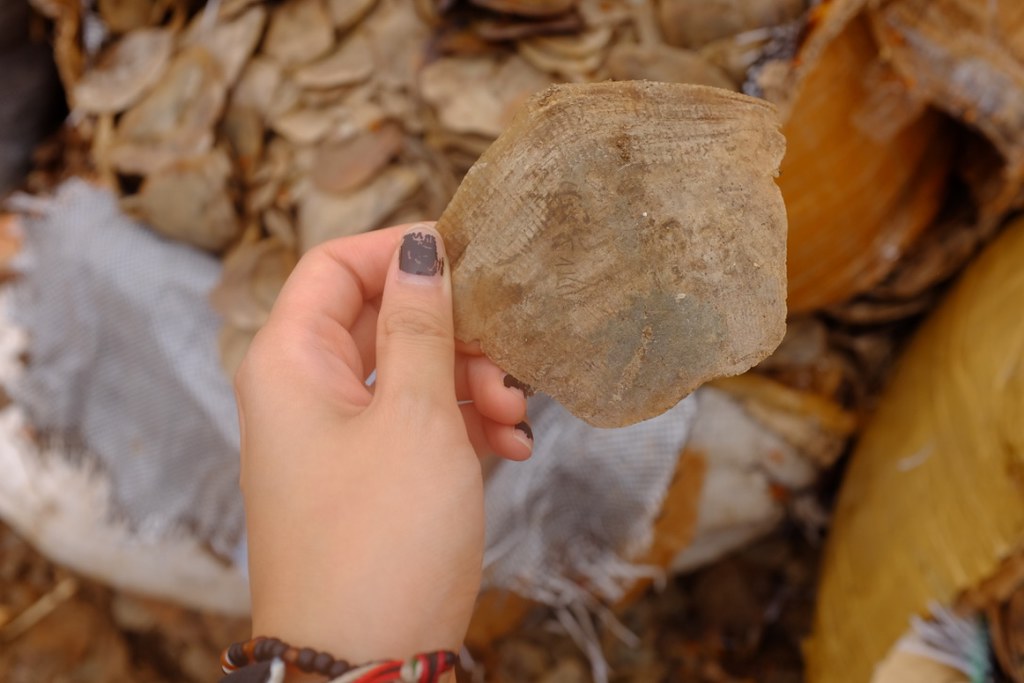World Pangolin Day: natural recyclers, keepers of the soil – and the world’s most trafficked animal
16 February 2018

Many people have never heard of this unique mammal which contributes so much to forest ecosystems, and if we’re not careful they will soon be lost forever.
By Dave Neale, Animals Asia’s Animal Welfare Director
Pangolins, also known as scaly anteaters (although not related), are mammals that are covered in hard, plate-like scales. They are insectivorous (feeding on insects) and are mainly nocturnal, remaining in their burrows during the day and coming out to hunt at night.
Physically, pangolins are a fascinating species. They use their keen sense of smell to locate termite and ant nests, then their long, elongated claws to excavate them.
Large salivary glands coat their tongues with a gummy mucus, which sticks ants and termites to the tongue like glue for easy consumption. Their tongue is so long it can extend the entire length of their body – perfect for reaching deep into nests.
These perfectly adapted bodies allow a single pangolin to consume an astonishing 70 million insects per year.
But the pangolin’s most outstanding trait is undoubtedly their scales. The name, “pangolin”, is actually derived from the Malay word “pengguling”, which loosely translates to “something that rolls up”. All pangolins can roll themselves into a ball as self-defense and in this state their scales are nearly impenetrable.
These armor-plated scales are even capable of a cutting action – worked by powerful muscles – that inflicts serious wounds on anything inserted between them.
While their physiology is defensive, the pangolin’s behaviour is cooperative. They play a crucial role in ensuring forest soils remain nutrient rich, and thus whole eco-systems remain healthy due to their natural behaviours.
Their burrowing and excavating behaviours mix and aerate the soil in much the same way as we turn the soil in our gardens or plough fields.
This improves the nutrient quality of the soil and aids the decomposition cycle, providing a healthy substrate for lush vegetation to grow from. When abandoned, their underground burrows also provide habitat for other animals.
These behaviours make the pangolin one of the ultimate recyclers and one of the most important members of our natural world, ensuring the continued health of the forests in which they live.
But tragically, this incredible animal is at risk. Their distinctive scales are prized in traditional medicine and this has made it the most trafficked animal in the world.
Dizzying numbers of pangolins – 2.7 million by some estimates – are poached from the wild every year with no end in sight. If it continues, this once ubiquitous friend of the forest will disappear forever.
BACK






